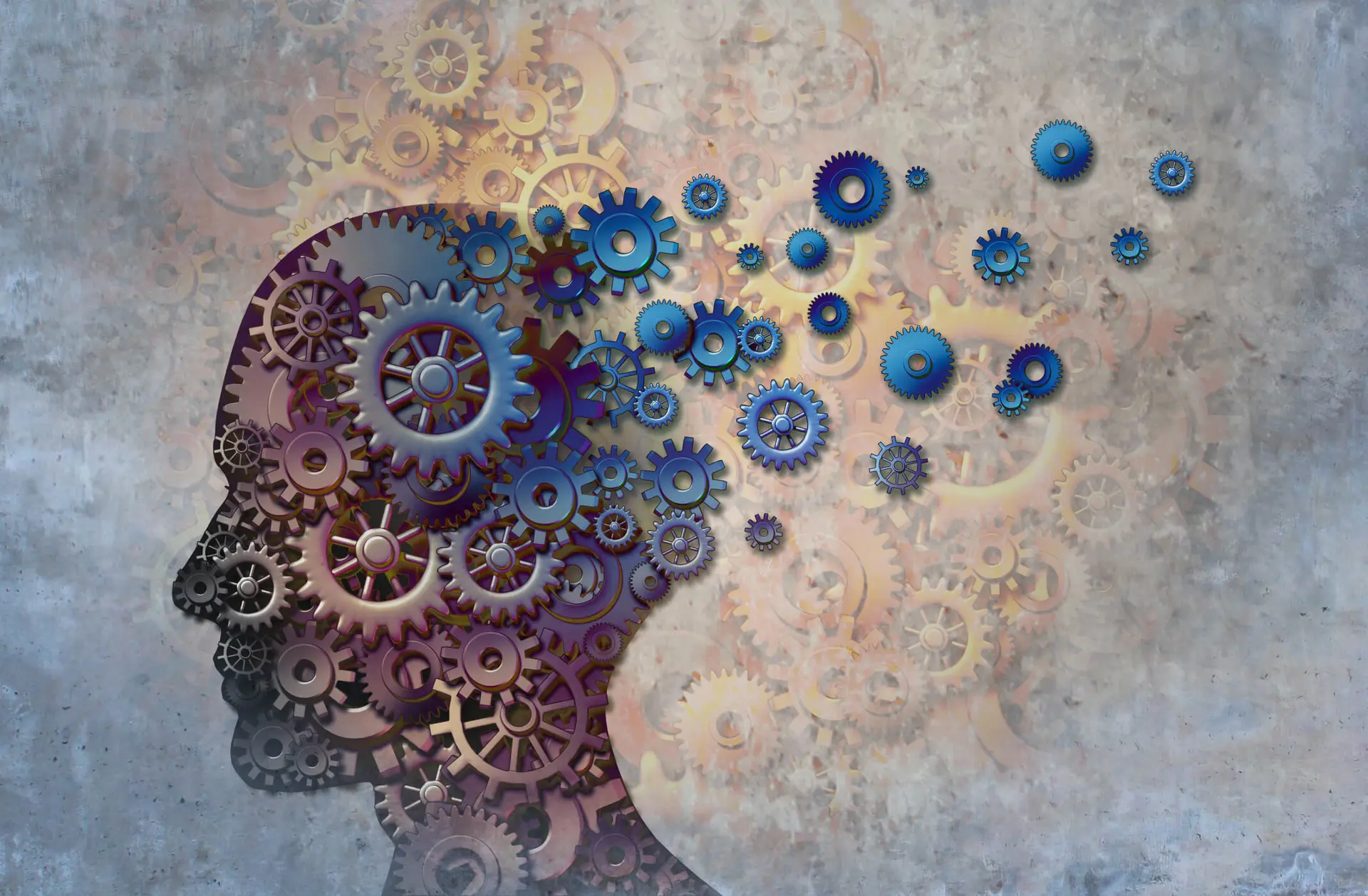Written By: Simona Jellinek, Counsel
With apologies to math teachers everywhere, one plus one does not always equal two. Sometimes it adds up to a lot more.
When a person is dealing with a traumatic brain injury (TBI) and post-traumatic stress disorder (PTSD) concurrently, it can create what some have called “a perfect storm” in the brain. In these cases, the two conditions are not simply operating side by side; instead, they interact, amplify symptoms, and often make life very difficult for the person.
As we close out Brain injury Awareness Month, in this blog, I explore two significant kinds of brain injuries and what can happen when an individual is experiencing both simultaneously.
Explaining the terms
An acquired traumatic brain injury is brain damage from a violent blow or jolt to the head or body. These are often sustained in motor vehicle accidents, slips and falls, or physical altercations. A foreign object or skull fragment pierces brain tissue and can cause a TBI. Mild TBIs temporarily affect brain cells (although they can still cause permanent damage), while more severe injuries can cause more serious and permanent damage, long-term complications, or even death.
Brain injury can also occur as a result of trauma such as emotional, psychological, physical or sexual abuse. This kind of trauma also changes brain structure causing physical changes in the brain, changes in blood flow and neural activity. The emotional or psychological trauma that creates such changes involves witnessing or experiencing terrifying, shocking, life-threatening, and dangerous events. When such events happen, the brain is constantly bombarded with the stress hormones that cause structural damage to the brain leading to intrusive memories, persistent nightmares, mood changes, and heightened reactions to triggers – PTSD.
Symptoms
Although they are distinct conditions, the symptoms of TBIs and PTSD frequently overlap. When a person has both conditions concurrently, symptoms of one can reinforce or aggravate symptoms of the other. In short, a feedback loop can intensify suffering as symptoms build or worsen.
Common symptoms of these conditions include:
- Changes in memory: For TBIs, this can mean temporary or permanent memory loss, while in PTSD, certain memories intrusively replay in the mind.
- Sleep disturbances and disorders
- Social isolation: TBIs usually result from less frequent visits by friends and loved ones over time, while the isolation is often self-imposed with PTSD as there can be fear of encountering a trigger that manifests in traumatic memories.
- Emotional disturbances: For TBIs, this can present as sudden and unpredictable changes in emotions, while people with PTSD often experience muted or numbed emotions.
- Fatigue: The cognitive demands on a damaged brain for TBIs can cause mental fatigue. In PTSD, the fatigue from sleep disturbances and the exhaustion of repeatedly experiencing traumas can cause physical, emotional and cognitive fatigue.
- Mental illness: Anxiety and depression are frequently reported by people with TBIs and PTSD.
An ongoing struggle
As our scientific knowledge grows, we now understand that PTSD and TBI affect many of the same parts of the brain and result in overlapping symptoms. Studies have also shown that people with PTSD are at significantly higher risk of having a TBI in their lives. Emotional, behavioural and cognitive decline often leads to more vulnerability and riskier behaviour. Likewise, a TBI can damage the part of the brain that processes memories. If the specific memories surrounding how the TBI was acquired are retained, they can be triggered by certain stimuli and manifest into PTSD. Either way, having a TBI and PTSD generally makes for a more painful outcome and makes treatment more challenging.
Hope for survivors
Understandably, people seemingly stuck in a feedback loop of TBI and symptoms of PTSD may experience hopelessness. It may feel as though you are walking up a hill wearing a backpack filled with weights that seem to get heavier with each step.
Fortunately, a greater understanding of how the brain works, advances in neuroplasticity therapies, and building a support team to turn to when difficulties mount can make concurrent TBI and PTSD more manageable than in the past.
If you or a loved one has a TBI and PTSD, whether confirmed or undiagnosed, you may be eligible to access financial resources to help manage these conditions. Long-term disability benefits programs offer income support and medical and rehabilitation treatment funds. Moreover, if someone else’s negligence caused the TBI and/or PTSD, you may be able to file a tort claim for damages to cover your pecuniary and non-pecuniary losses.
Working with a knowledgeable, experienced, highly skilled brain injury lawyer to access these funds can help you get what you need to build your best life possible. If you have suffered a brain injury and want to know more about how Gluckstein Personal Injury Lawyers can assist you, please contact us for more information.

